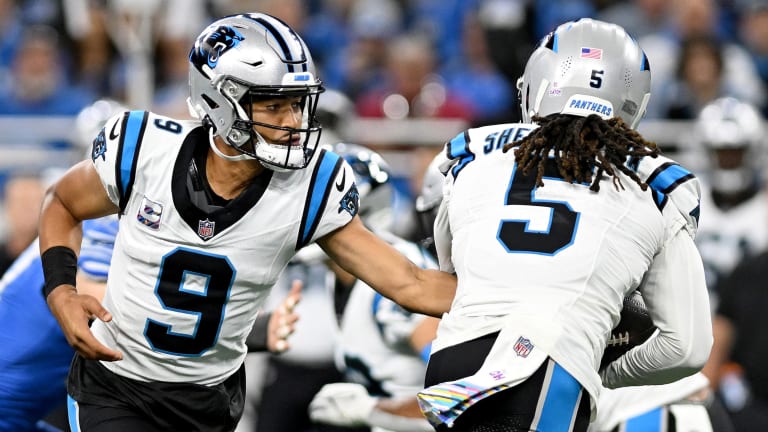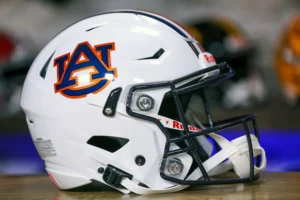
When the 2024 NFL season begins, kickoff procedures will undergo significant changes due to the league’s adoption of a new method. This alteration aims to revive the importance of kick returns and, consequently, the value of kick returners. Thus, it came as no surprise when the Seattle Seahawks chose to enlist a versatile athlete experienced in returning kicks.
By acquiring Laviska Shenault, the Seahawks have secured a player adept at breaking tackles and gaining yards after receptions, qualities that could greatly benefit their return game. Additionally, Shenault’s versatility extends to contributing as a running back and receiving targets as a wide receiver. Given this versatility, Seattle potentially made a lucrative move by signing Shenault to a veteran minimum contract eligible for the veteran salary benefit.
As I surmised after the signing on Tuesday:
It appears that Shenault’s contract with the Seahawks is likely structured as a veteran minimum salary benefit contract. This means that despite the minimum salary for a player with four credited seasons being $1.125M, the signing bonus is expected to be around $167,500. However, due to the veteran minimum salary benefit, the contract’s cap hit will be $1.1525M, including a $140k reduction in cap hit because of the VSB status.
In summary, this contract arrangement will result in the Seahawks using approximately $200k of their cap space, considering the rule of 51 and replacement factors.
The signing of Shenault is anticipated to consume approximately $200k of the Seahawks’ cap space, leaving them with roughly $2M available. However, the recent addition of a salary cap analyst to the front office, who formerly worked for the New Orleans Saints, assures that the team is well-equipped to manage their cap space effectively. With this expertise in place, there should be no concerns regarding the team’s ability to make any necessary moves within the confines of the salary cap.







